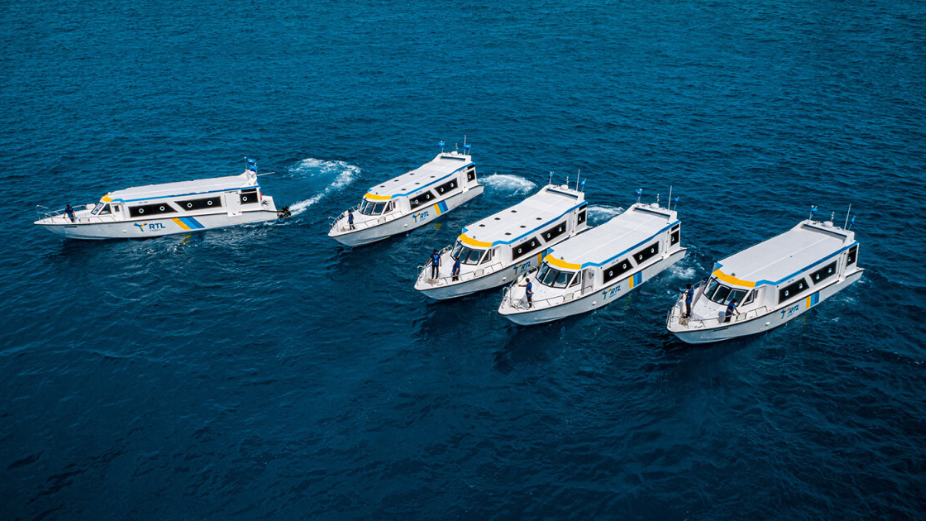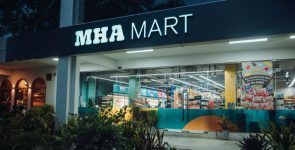The socio-economic impact study of Raajje Transport Link’s (RTL) ferry system in Zone 1, covering Haa Alif, Haa Dhaal, and Shaviyani atolls, highlights the predominant use of the RTL ferry for travel within the zone.
According to the study, 83% of respondents utilised the RTL ferry in the past three months. Other modes of transport included private speed boat hire (11%), slow ferries allowing cargo (6%), private dhoni (6%), and own vessels (2%). A minority of respondents (7%) reported not having travelled within the zone in the specified period.
އާރް.ޓީ.އެލް ފެރީ ސޯޝިއޯ – އިކޮނޮމިކް އިމްޕެކްޓް ސްޓަޑީ އިން ދައްކާ ގޮތުގައި ޒޯން 1 ގައި %83 ބޭނުން ކޮަށްފައިވަނީ އާރް.ޓީ.އެލް. ފެރީއެވެ.
— Min.of National Planning, Housing & Infrastructure (@MoNPHImv) November 15, 2023
:ރިޕޯޓް ޑައުންލޯޑް ކުރުމަށްhttps://t.co/YfyU8eezs1 pic.twitter.com/XmdhnUnXW3
These statistics provide a factual overview of the transportation patterns within Zone 1, forming the basis for a detailed examination of the socio-economic consequences of the RTL ferry system.
The ferry services began in June 2022, and the study, conducted in July-August 2023, aimed to assess the impact on individuals, communities, businesses, and isolated islands.
The research included 16 out of 41 administrative islands selected based on population density, centrality, geographical remoteness, popularity of ferry routes, and the availability of public services.
The study revealed that people frequently travelled over the sea for various purposes, with healthcare-related visits being the most common. The city of Kulhudhuffushi emerged as the most visited destination. RTL positively impacted households, reducing monthly travel expenses, with an average saving of MVR800 per household. This translated to a combined annual saving of MVR100 million for approximately 10,500 households in the three atolls of RTL Zone 1.
Additionally, RTL facilitated stronger community bonds, enabling residents to engage in community activities. The study indicated significant positive impacts on socio-economic factors, including income, education, employment, health, safety, social connections, governance, and administrative services.




















